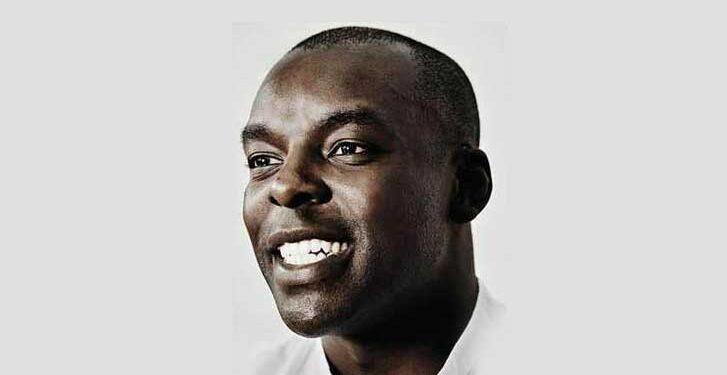Free Trade Advocate with African Roots

Free trade certification refers to the process by which a product or service is verified as having been produced in compliance with the principles of free trade. A free trade policy allows for the free flow of goods and services between countries without any restrictions such as tariffs, quotas, and subsidies. Free trade certification is therefore a voluntary process where companies seek to demonstrate that their products have been produced in accordance with the principles of free trade.
The certification is generally aimed at addressing the concerns of consumers who are increasingly interested in the environmental and social impacts of the products they buy. Consumers are becoming more conscious of the environmental impact of their purchases and are interested in buying products that are environmentally friendly. They also want to know that the products they are buying are not produced using child labor or in unsafe working conditions. Free trade certification is aimed at providing consumers with this assurance.
Entrepreneur Chid Liberty is the co-founder and CEO of Liberty & Justice, Africa’s first Fair Trade Certified apparel manufacturer and we sat down with him last month on The Caring Economy to learn about his career journey, his work and his advocacy. We learn quickly that Liberty is a champion for fundamental human rights.
In 2009, he co-founded Liberty and Justice with his best friend, Adam Butlein, in hopes of contributing to Liberia’s economic recovery.
The Liberian grassroots women’s organizations and their peace and social justice movement inspired Liberty. He knew that studies showed that income in the hands of women is more likely to be reinvested in activities that will benefit the family and children. He also saw that the women of Liberia are excluded from the most productive sectors of the economy, and many petty trading jobs employing women from slum areas pay less than $1 per day.
Liberty and Justice created Africa’s first Fair Trade Certified apparel factories. Every woman who works for Liberty and Justice receives health insurance and equity in the factory (the women workers own 49% of the factories) and 100% of any savings they retain in their savings account for one year is matched, allowing them to save and invest in land, business ventures and education. Liberty and Justice has generated multimillion dollar annual revenues since its launch.When Liberty speaks, people listen. And one piece of advice comes through loud and clear: be authentic. He says, “I know it has become a cliche, but this is really rare yet so important” to bring one’s full self to any task or organization.
Bringing one’s full self to work means showing up to work as your authentic self, bringing all your values, beliefs, and personal experiences to the table. It is important because it allows for greater creativity, innovation, and productivity in the workplace.
Here are a few reasons why:
- Fosters a sense of belonging: When people feel comfortable bringing their full selves to work, they feel a greater sense of belonging and connection with their colleagues. This sense of belonging promotes a positive work environment and can lead to greater job satisfaction.
- Encourages innovation and creativity: When people can bring their whole selves to work, they are more likely to share their unique perspectives and ideas. This diversity of thought can lead to more innovative and creative solutions to problems.
- Builds trust: When people feel comfortable being themselves at work, it builds trust among colleagues. They are more likely to be honest and transparent with each other, which can lead to better communication and collaboration.
- Promotes mental health: Hiding parts of ourselves at work can be emotionally draining and lead to feelings of isolation and disconnection. Bringing our full selves to work promotes mental health and well-being by allowing us to express ourselves authentically and build supportive relationships with our colleagues.
Liberty’s approach to life and business has paid off in countless ways. He is a 2020 Ashoka & Ikea Dela Fellow and a 2018 C&A Fabric of Change Fellow, both awarded to social entrepreneurs pursuing system-level change in retail supply chains. He works as an advisor and board member to several high-impact organizations including Sorenson Impact Foundation, The Vow for Girls, and the Georgie Badiel Foundation. He is also an MBA from the University of Oxford.
